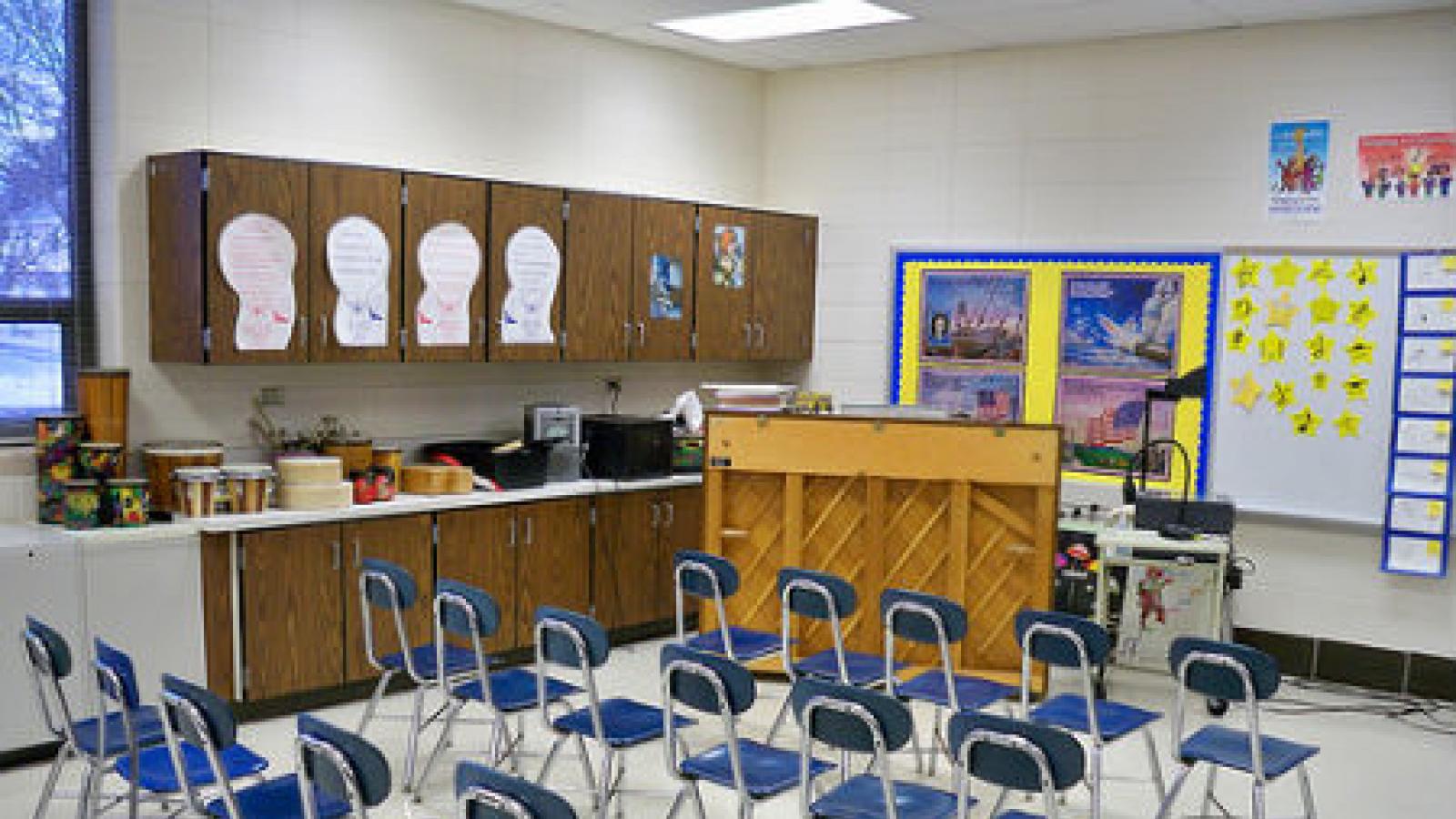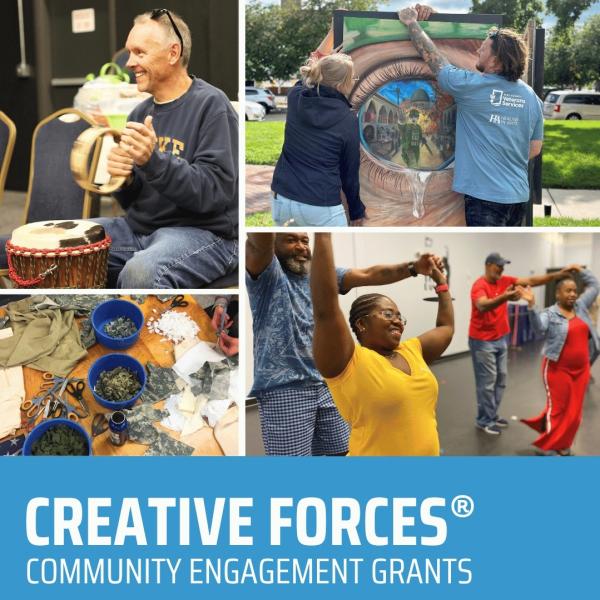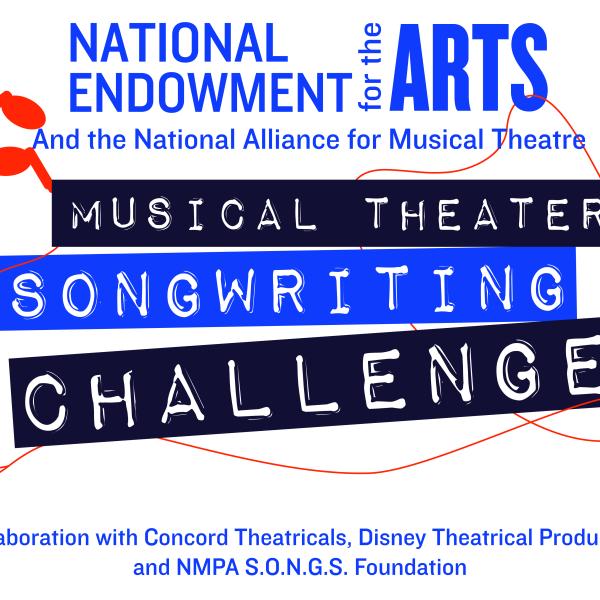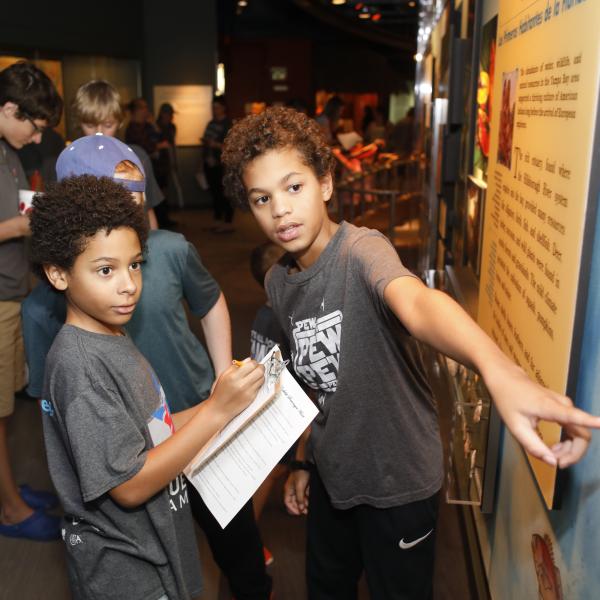NEH and NEA Support New Higher Education Study on Integration of STEM with Arts and Humanities

WASHINGTON, D.C. — The National Endowment for the Humanities (NEH) and National Endowment for the Arts (NEA) today announced that they are sponsors of a National Academies of Sciences, Engineering, and Medicine study on the integration of education in the sciences, engineering, and medicine with the arts and humanities.
An ad hoc committee overseen by the Academy’s Board on Higher Education and Workforce (BHEW) in collaboration with units in the Policy and Global Affairs Division, the National Academy of Engineering, Health and Medicine Division, and Division of Behavioral and Social Sciences and Education will produce a consensus report that examines the evidence behind the assertion that educational programs that mutually integrate learning experiences in the humanities, arts, and STEM lead to improved educational and career outcomes for undergraduate and graduate students.
The committee will convene for its first meeting July 27-28, in Washington, D.C. Check out the meeting’s public agenda to find out more information about this meeting. To RSVP, please contact Ashley Bear.
The committee will produce a report that will summarize the results of this examination and provide recommendations for all stakeholders to support appropriate endeavors to strengthen higher education initiatives in this area.
The committee is chaired by Smithsonian Secretary David J. Skorton. You can find the full list of committee members here.
Over the past 50 years, the NEH and NEA has awarded many grants that utilize technology to preserve and present the humanities and the arts as well as promote the history of technology, medicine and engineering.
“We can’t grasp the experiential impact of technology without humanities-based questions and perspectives,” said NEH Chairman William D. Adams. “A holistic education provides students with a wide range of skills that better prepare them to enter the professional world.”
“The arts uncover possibilities that can help us solve complex problems in many different fields, from science and transportation to healthcare and education,” said NEA Chairman Jane Chu. “For this reason, seamlessly integrating the arts throughout our educational system is vital to preparing the next generation of innovators, industry leaders, and productive citizens.”
The Andrew W. Mellon Foundation is also sponsor of the study.
###
National Endowment for the Humanities: Celebrating its 50th anniversary as an independent federal agency in 2015-16, National Endowment for the Humanities brings the best in humanities research, public programs, education, and preservation projects to the American people. To date, NEH has awarded $5 billion in grants to build the nation’s cultural capital—at museums, libraries, colleges and universities, archives, and historical societies—and advance our understanding. National Endowment for the Arts: Established by Congress in 1965, the NEA is the independent federal agency whose funding and support gives Americans the opportunity to participate in the arts, exercise their imaginations, and develop their creative capacities. Through partnerships with state arts agencies, local leaders, other federal agencies, and the philanthropic sector, the NEA supports arts learning, affirms and celebrates America’s rich and diverse cultural heritage, and extends its work to promote equal access to the arts in every community across America. This year marks the 50th anniversary of the National Endowment for the Arts and the agency is celebrating this milestone with events and activities through September 2016.Contact
Media Contacts:
Theola Debose, NEH, tdebose@neh.gov (c) 202-579-9385
Judith Kargbo, NEA, kargboj@arts.gov (c) 202-997-0964




